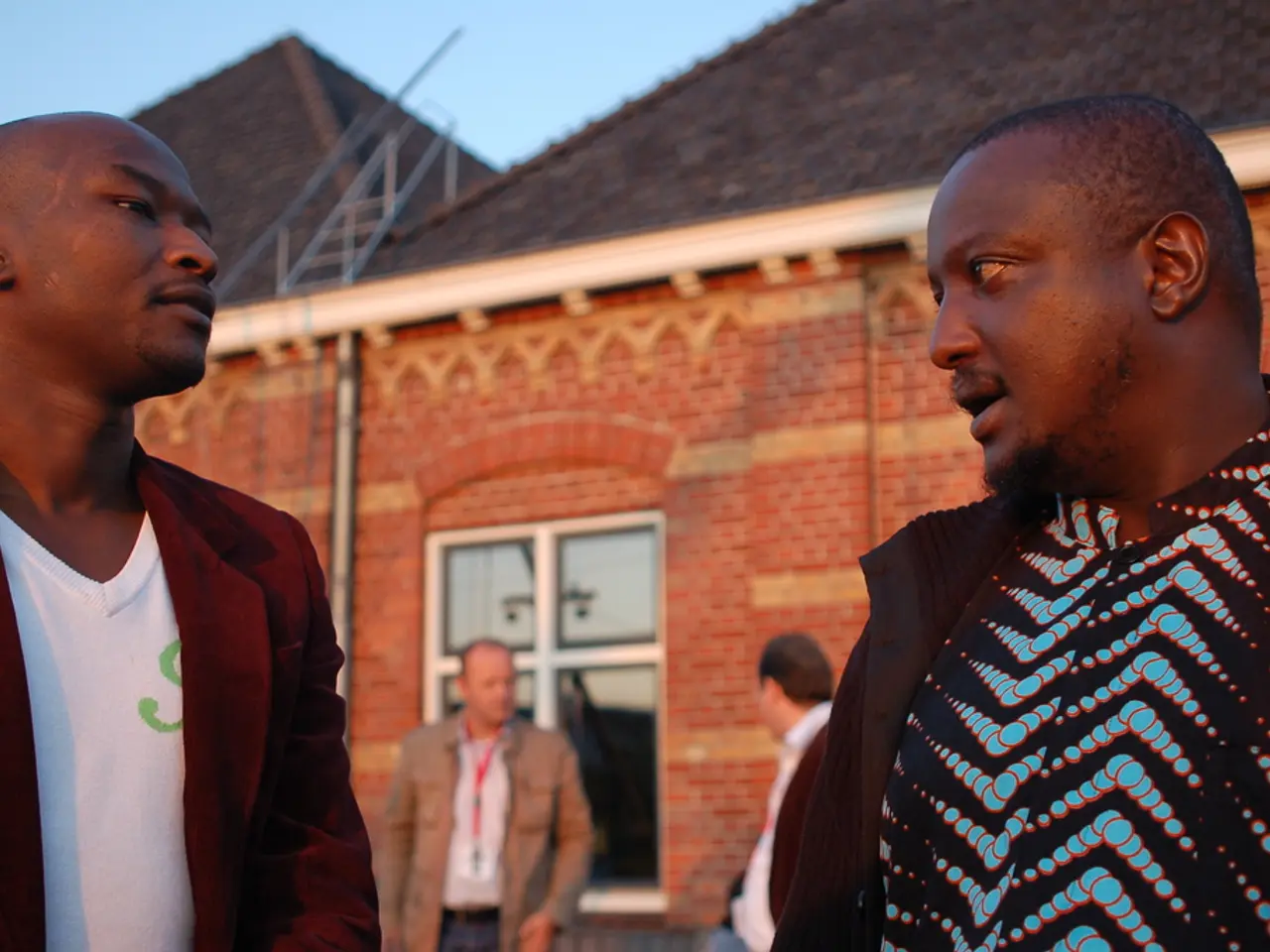Tightened Investigation of African Start-ups vs. Global Peers in Venture Capitalism
In the dynamic world of startups, African businesses often face a higher level of investment scrutiny compared to their global counterparts. This is largely due to a combination of governance weaknesses, structural economic challenges, and regulatory uncertainties in the region.
One of the key factors contributing to this perception of higher risks is the governance structure of many African startups, particularly those in Nigeria. Informal business practices, centralized founder control, and a lack of formal oversight mechanisms such as active boards or audits can lead to mistrust and raise concerns about mismanagement and integrity risks.
Africa's infrastructure gaps, such as unreliable electricity, poor transport, and inconsistent internet, also pose significant challenges. These infrastructure issues, combined with fragmented regulatory environments across multiple countries and currencies, increase operational costs and complicate scale-up efforts, making startups more vulnerable and limiting their growth potential.
The continent also sees a heavy concentration on early-stage investments, with growth capital scarce. Exits through IPOs, mergers, or acquisitions are rare, which constrains returns and increases investor risk appetite. As a result, entrepreneurs often build survival-focused rather than growth-focused businesses.
Recent tightening of regulatory frameworks, for example in Nigeria's digital lending sector, adds compliance requirements but also creates uncertainty and deters some investors. However, these measures aim to improve investor confidence by curbing abusive practices and enhancing transparency.
High-profile failures and fraud cases involving African startups have also shaken investor confidence, prompting more stringent due diligence and skepticism on the continent.
Despite these challenges, African startups have shown resilience. In January 2025, they raised nearly $300 million, with about 40 companies securing $289 million in funding.
However, the overall startup funding in 2024 saw a 25% drop, with African startups securing $2.2 billion, down from $2.9 billion in 2023. This drop may be influenced by a strong message of caution from investors, who are wary of outdated risk perceptions and the need for thorough financial scrutiny and background investigations.
Venture capital strategist Tayo Olowu emphasized that African startups face stricter requirements than their counterparts in Silicon Valley, London, or emerging markets like India and Brazil. He urged African venture capitalists and angel investors to support local startups without imposing unnecessary obstacles.
Despite the challenges, cities such as Austin, London, Miami, Paris, and Sydney are emerging as growing startup ecosystems. However, they still lack the investor scale necessary to secure successful fundraising rounds.
In conclusion, investment scrutiny in Africa is driven by systemic governance lapses, structural economic limits, regulatory evolution, and reputational risks from high-profile failures. Investors consequently exercise greater caution and demand stronger accountability and proof of scalability before committing capital. African venture capitalists, with their average assets under management of $50 million, have a significant role to play in supporting local startups and helping them overcome these challenges.
Read also:
- Global Gaming Company, LINEUP Games, Moves Into Extensive Global Web3 Multi-Platform Gaming Network
- Gold nanorod market to reach a value of USD 573.3 million by 2034, expanding at a compound annual growth rate (CAGR) of 11.7%
- "Tesla's dominance in the electric vehicle industry may be facing competition from a new player: Škoda, as the German electric car market undergoes transformation."
- Ford Presents Economical Electric Vehicle Strategy: Boasts a Lower Total Expense over a Five-Year Period than a Pre-owned Tesla Model Y from Three Years Ago






